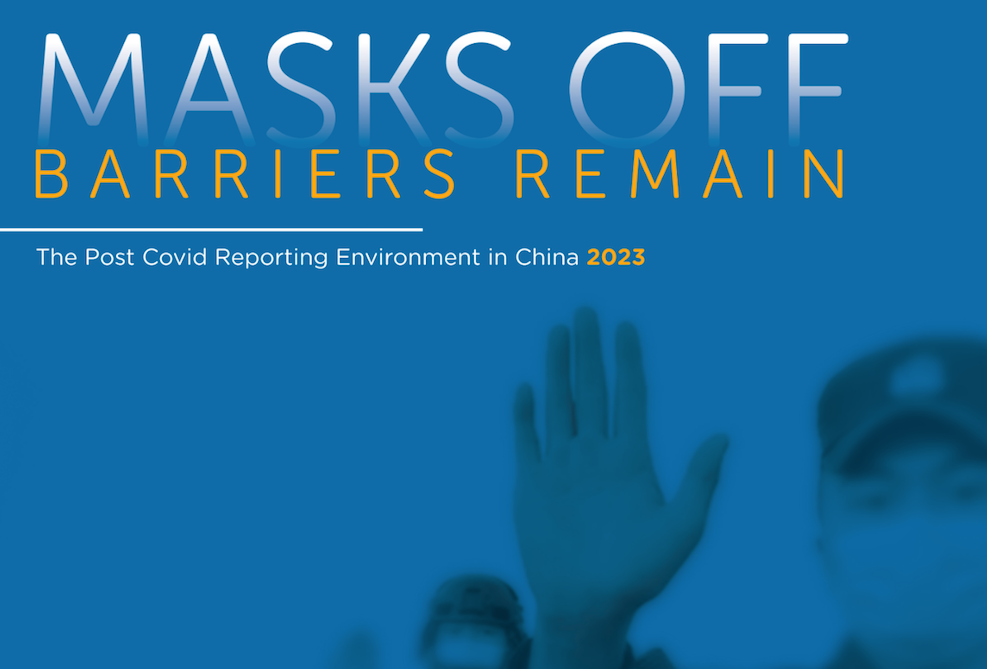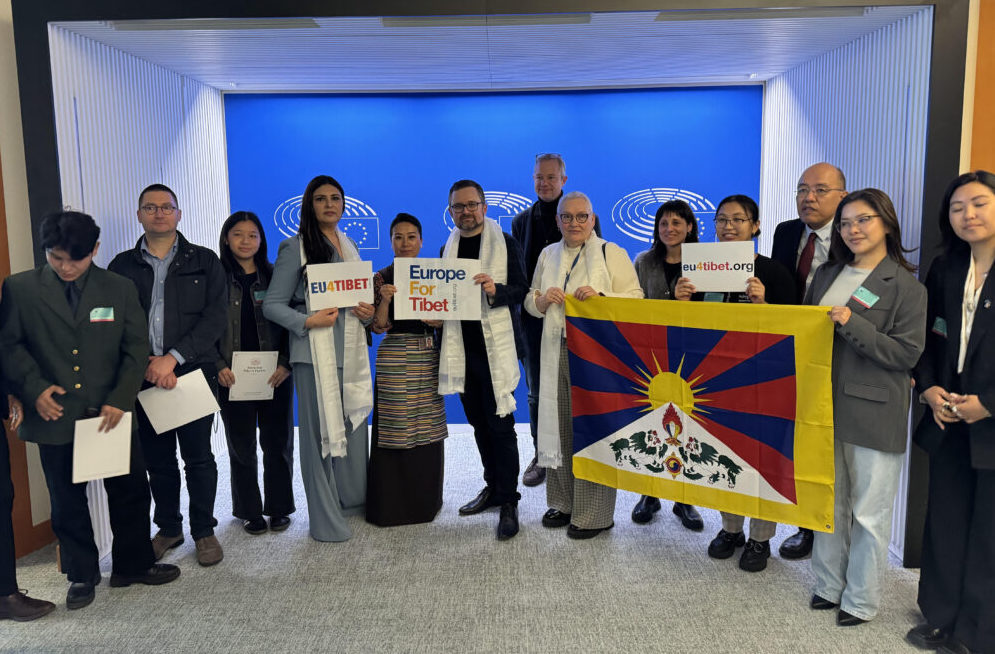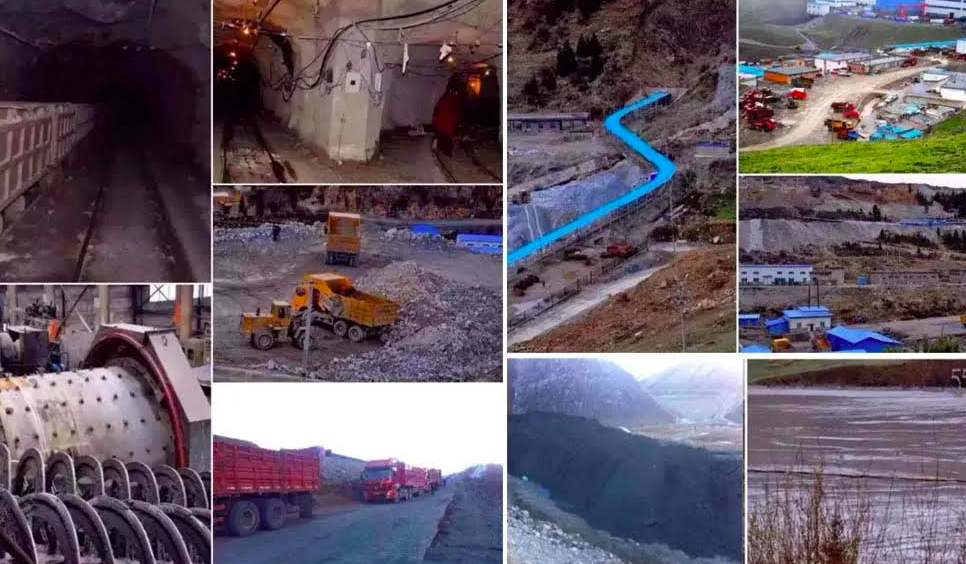By Choekyi Lhamo
DHARAMSHALA, June 11: Japan and Australia on Wednesday raised “serious concerns” over reports of human rights violation of Uyghur and other Muslim minority communities in East Turkestan (Ch: Xinjiang) in a joint statement. Similar calls of concerns have grown over the past year from Western nations including US, Britain, Canada, to investigate if the ongoing abuses amount to ‘genocide’.
Both the Japanese and Australian sides in a meeting of Defense and Foreign ministers stated, “We share serious concerns about reported human rights abuses against Uyghur and other Muslim minorities in Xinjiang. . . We call on China to grant urgent, meaningful and unfettered access to Xinjiang for independent international observers, including the UN High Commissioner for Human Rights.” The virtual conference was held between Japanese Foreign Minister Toshimitsu Motegi and Defence Minister Nobuo Kishi, and their Australian counterparts, Marise Payne and Peter Dutton respectively.
The Chinese foreign ministry, however, was quick to object the alliance of the two nations. “Japan and Australia are hyping up the so-called ‘China threat’ theory, maliciously slandering and attacking China and want only meddling in China’s domestic affairs. China firmly rejects this,” Chinese spokesperson Wang Wenbin told the reporters at a regular news briefing.
The ministers also expressed concern over weakening Hong Kong’s democratic institutions, and called for peace and stability in the East China Sea and the Taiwan Strait. Moreover, Japanese government backed Australia against China’s campaign of economic coercion, as it said that Beijing’s trade sanctions on Australian exporters have destabilized the international system.
The statement declared that both the countries “are drawn ever closer by our shared strategic interests in the security, stability and prosperity of the Indo-Pacific and beyond, and deep economic complementarity.” When Prime Minister Scott Morrison visited Tokyo last year, the countries also announced in-principle agreement to a new reciprocal access agreement (RAA) for military forces. The agreement is yet to be signed but the joint statement said both sides are committed to sign the RAA at the earliest; the pact is aimed at curbing CCP’s military belligerence especially over the South China Sea region.










